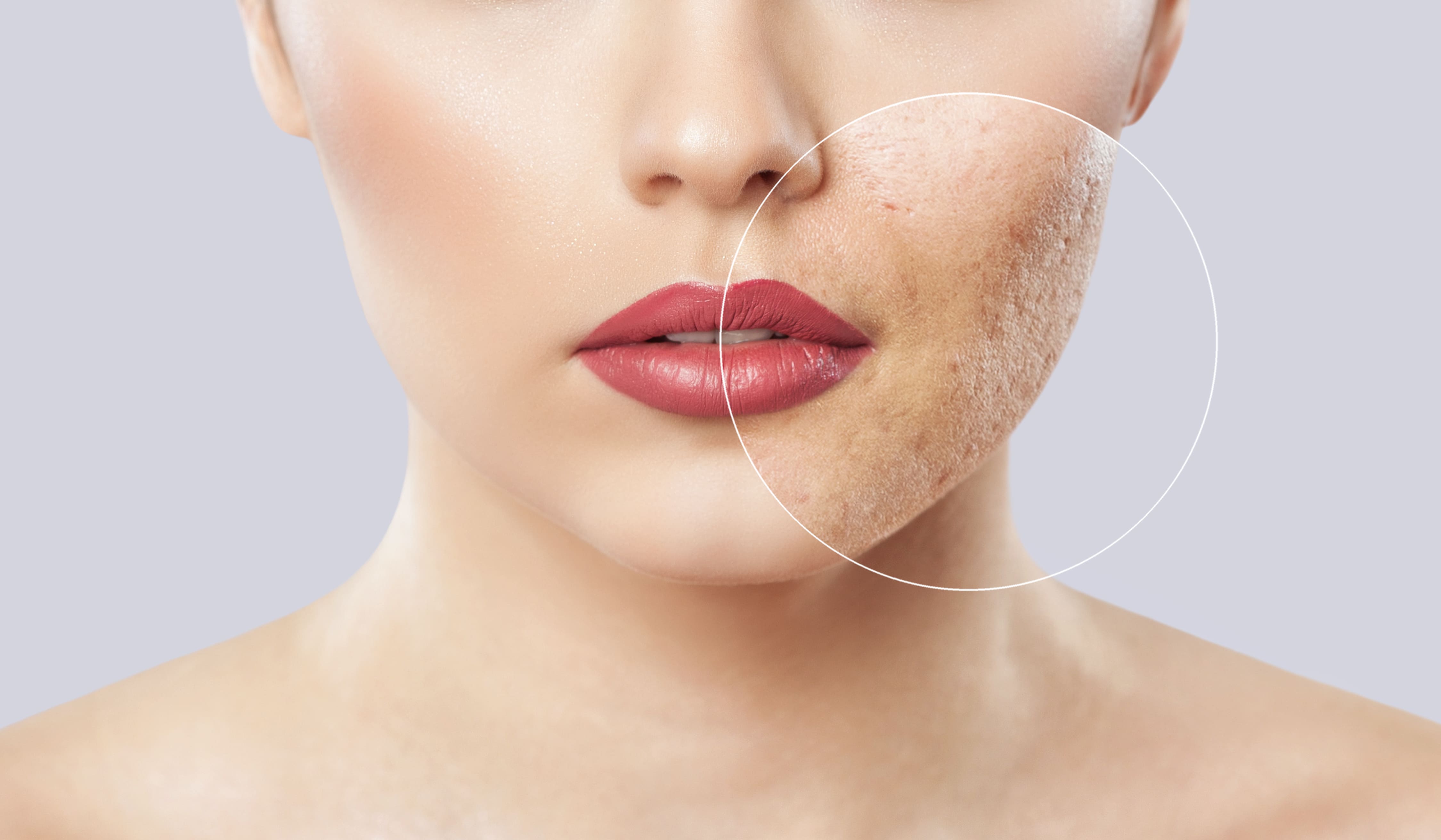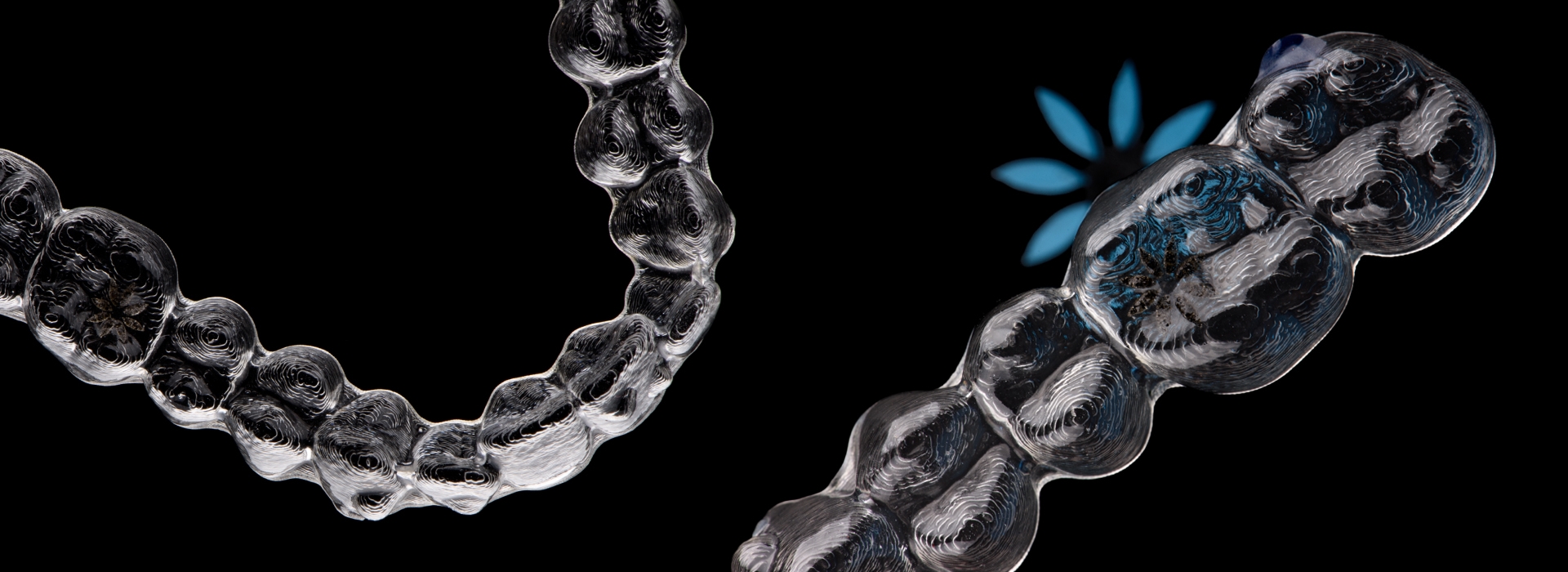Did you know that there was a time when smoking was promoted? Yes, it was, but with time, medical observations, clinical studies, and scientific research, we learned the truth about smoking. Since then, extensive public campaigns have been conducted to spread awareness about the horrors of smoking and tobacco consumption. Unfortunately, even after all these efforts, it is estimated that 1.1 billion people worldwide still smoke.
Smoking can lead to heart diseases, lung diseases, cancers, infertility, and the list continues. However, did you know that smoking and tobacco consumption in any form also has devastating effects on your oral health?
People who smoke are significantly susceptible to gum diseases, tooth loss, complications after tooth removal surgery and more. Let us take a look at this one by one.
Stained teeth
Smoking exposes your mouth to nicotine and tobacco. These substances are responsible for teeth discolorations. Smokers tend to have generalized stained yellowish-brown teeth.
Teeth sensitivity
Regular and heavy smoking also damages the enamel of the tooth. This makes the tooth porous and exposes the tooth’s inner layers, leading to teeth sensitivity. A sharp, momentary pain arises on the consumption of hot or cold foods and beverages.
Dental decay
Smoking compromises the teeth’ structural integrity, making them more prone to bacterial attack and dental decay.
Gum diseases and tooth loss
Periodontal diseases, commonly known as gum diseases, are caused by bacteria-laden plaque and tartar. The bacteria release toxic by-products that cause inflammation of the gum tissues, leading to gum diseases. The gums become swollen, red and tender. Moreover, there can be gum recession and pocket formation. It has been found that people who smoke generally have higher plaque and tartar accumulation, making them more susceptible to gum diseases.
Untreated gum disease can progress to a severe destructive form as the bacteria travel deep, destroying the tooth-supporting bone. Once the bone is lost, it leads to loose teeth, which eventually causes tooth loss.
Decreased taste perception
Heavy and regular smoking can also affect your taste sensations. You may find that even heavily spiced food is bland and tasteless.
Bad breath
Smoking leads to distinctive bad breath and a foul taste in the mouth.
Mouth sores and ulcers
Smoking impairs your immune system and puts a dent in the healing ability of the mouth and the body. This can predispose you to painful mouth ulcers and sores.
Slower healing after tooth removal
Smoking interferes and alters our body’s healing mechanism, leading to slower healing. It has been seen that extraction wounds take a long time to heal in smokers compared to non-smokers. Moreover, smokers are also at a higher risk of developing dry socket. A dry socket is an excruciatingly painful complication of tooth removal. It happens when the blood clot from the extraction wound gets dislodged.
Oral Cancer
Smoking and tobacco consumption are leading causes of oral cancers. Oral cancer can often present itself as a non-healing ulcer or a lump on the gums, lip, cheek, roof or floor of the mouth and the tongue.
Looking at these complications, it is imperative to quit smoking as soon as possible. Please reach out to us if you wish to stop this habit or notice any ill effects of smoking, as mentioned above. Our team of friendly dental professionals is here to assist you in your journey to better oral and overall health.




